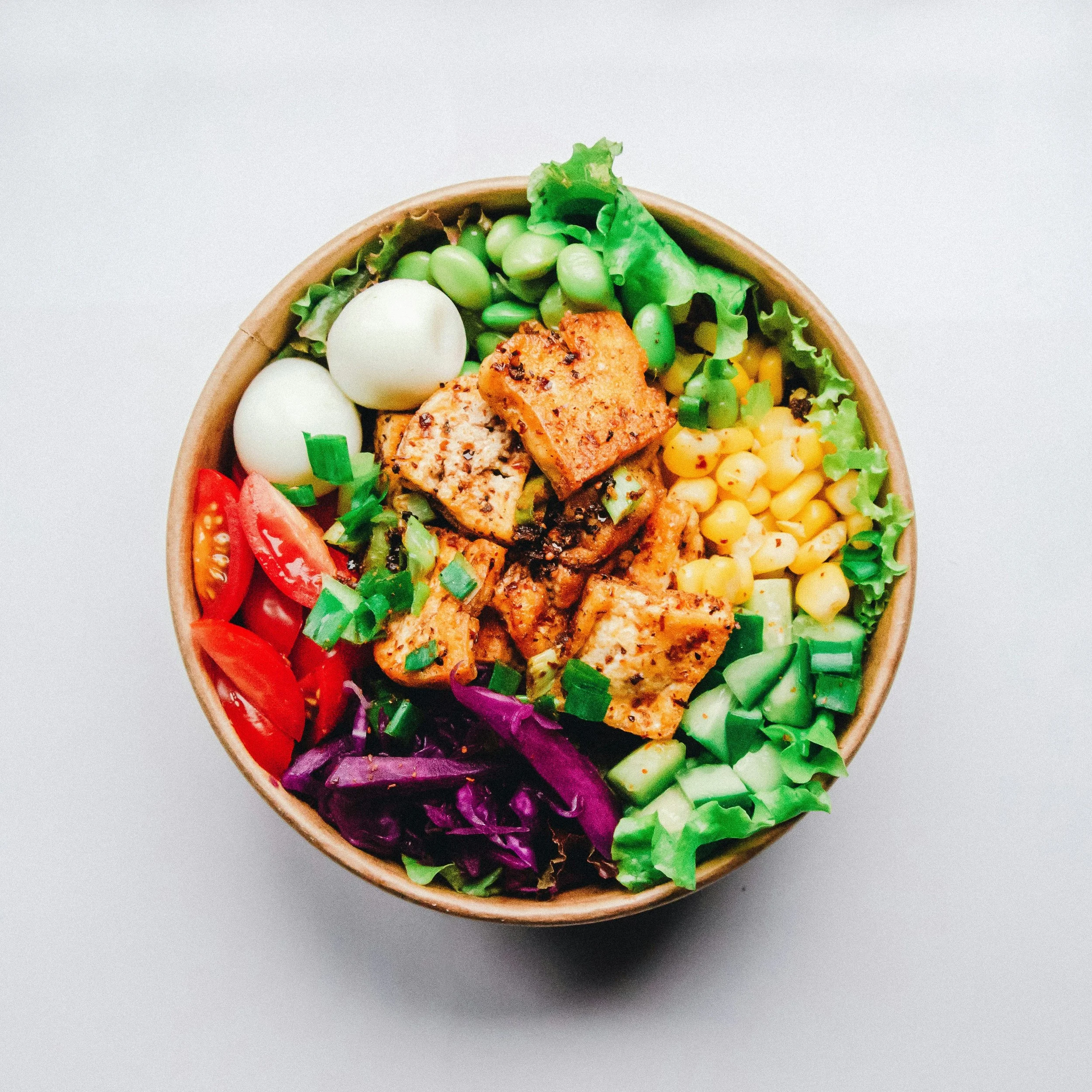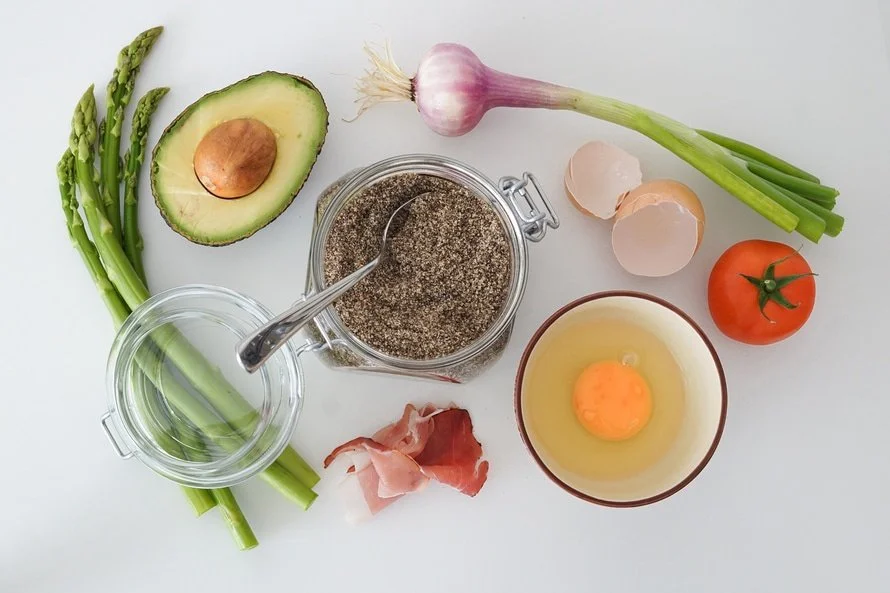4 Ways to Overcome Food Guilt
The idea of “good” food and “bad” food is ultimately setting people up for failure and disappointment down the line, because our inability to resist forbidden foods isn’t a moral failing- It’s literally how we’re WIRED.
Food is comfort for ALL human beings and our brains react really strongly to restriction. So the more we categorize foods as “bad,” the more we can’t stop thinking about them.
I share three practical ways you can stop feeling guilty about food right now.
1. Stop dieting
Sure you want to lose weight and that’s cool and everything. Going about it from a restrictive standpoint only feeds into the guilt/restriction cycle. Focus on building healthy sustainable HABITS that you can maintain for the long run while still eating the foods you love and enjoy.
2. Recognize that food is just food: there are no “good” foods and “bad” foods. The problem with categorizing foods as good or bad is we’re really categorizing ourselves
This idea is ultimately setting people up for failure and disappointment down the line because the more we categorize foods as “bad,” the more we can’t stop thinking about them.
3. Honor your hunger
Even if that means you need to eat lunch at 11 a.m. or have a second or third helping. Eating until you feel satiated teaches your brain and body to trust each other, which will help you feel more relaxed and in charge of your eating.
Feeding your body what it wants & needs instead of restricting is shown to be associated with lower rates of disordered eating & depression, which is the exact reason why I coach my clients not only with their relationship with food but their LANGUAGE around food.
4. Practice mindful eating
Guilt and shame disconnect you from your body's own natural hunger cues, so to combat these emotions slow down and listen to your body.. Before taking a bite of food, pause and take a few deep breaths and observe your emotions and hunger level. Then pay attention to the sensory experiences around your food—this includes noticing your foods colors, textures, taste, smells and flavors. You’ll feel satiated on a whole other level. (mentally and physically)!
Always remember: You are not alone.
I am here for you if you need guidance.
If you need help with overcoming old patterns and ways of thinking about food that are no longer serving you, reach out to me to schedule your free strategy call.
Want more Hart? Explore some of my wellness programs below.

















